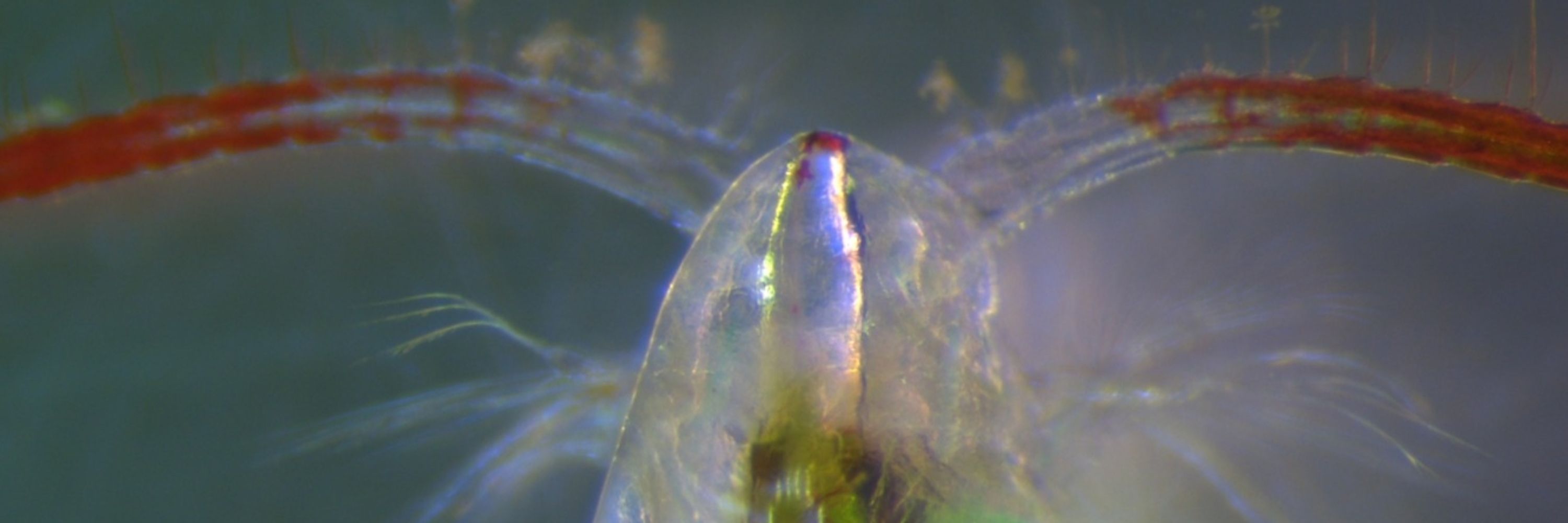





We found that:
1) Survival of Calanus copepods tipped and decreased above temperatures of 14–18 °C.
#ClimateChange #MarineEcology #OceanWarming

We found that:
1) Survival of Calanus copepods tipped and decreased above temperatures of 14–18 °C.
#ClimateChange #MarineEcology #OceanWarming
This is a C. hyperboreus female from the Nansen Basin. Photo @Khuong Dinh

This is a C. hyperboreus female from the Nansen Basin. Photo @Khuong Dinh
Find out at @natecoevo.nature.com here: rdcu.be/c4dXqVery, with @expecocons.bsky.social @dzchilds.bsky.social

Find out at @natecoevo.nature.com here: rdcu.be/c4dXqVery, with @expecocons.bsky.social @dzchilds.bsky.social

Find out at @natecoevo.nature.com here: rdcu.be/c4dXqVery, with @expecocons.bsky.social @dzchilds.bsky.social
We look at how press vs. pulse disturbances effect population collapse and how predictable that collapse is 🧪🔬
@duncanobrien.bsky.social @dzchilds.bsky.social
esajournals.onlinelibrary.wiley.com/doi/10.1002/...







ceh.wd3.myworkdayjobs.com/en-US/CEH_Ca...
@ukceh.bsky.social #UKCEH_AquaEco #job #science #ecology
💦🦦🦠🐟🚣♂️🚣♀️🧪



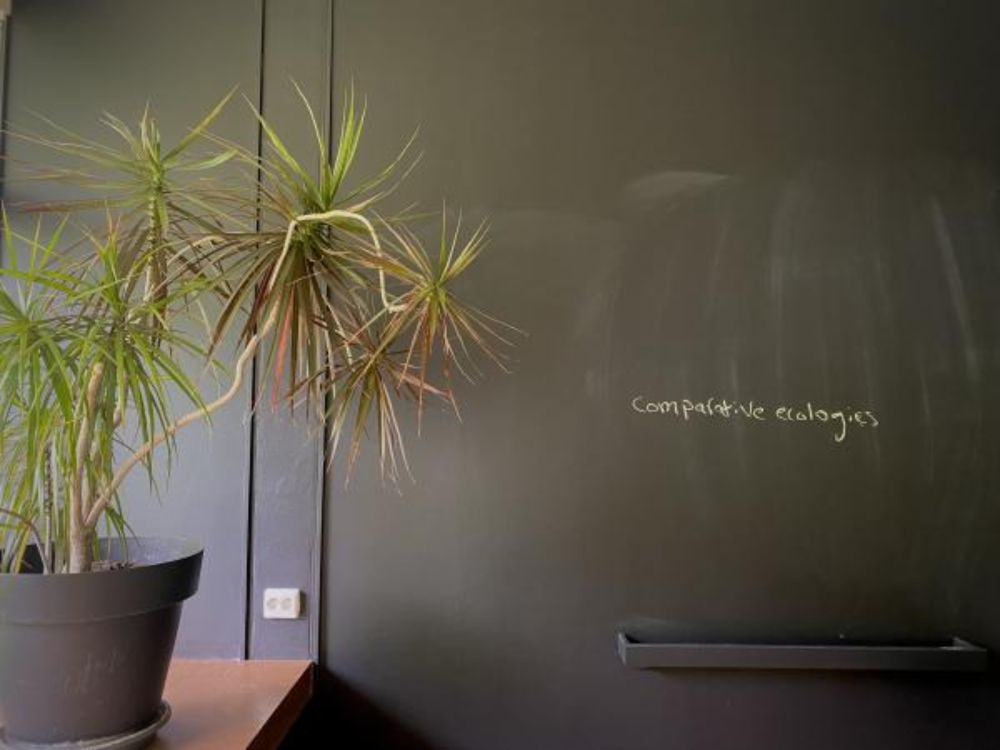
This can be misleading, not just in the magnitude but in the direction of effects
?

This can be misleading, not just in the magnitude but in the direction of effects
?

mapress.com/zt/article/v...
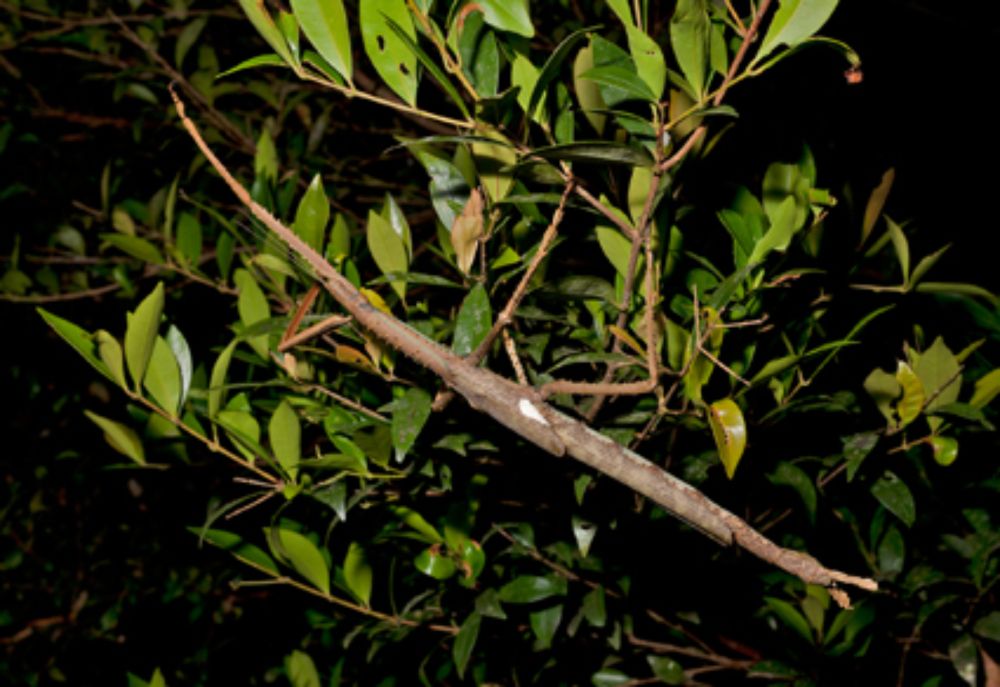
mapress.com/zt/article/v...
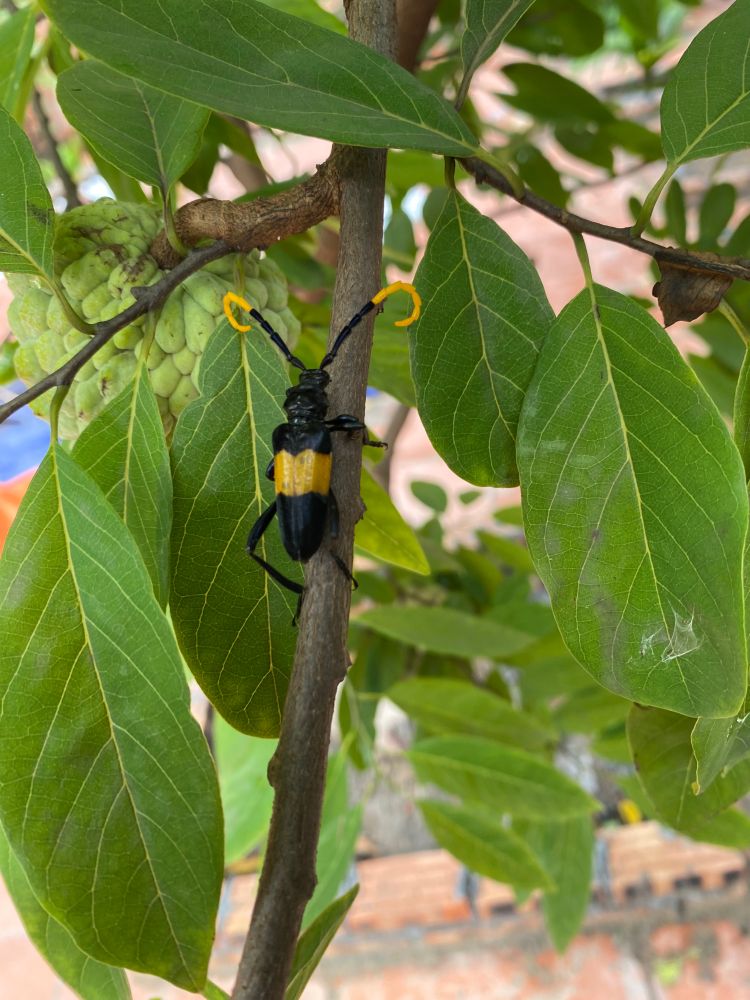
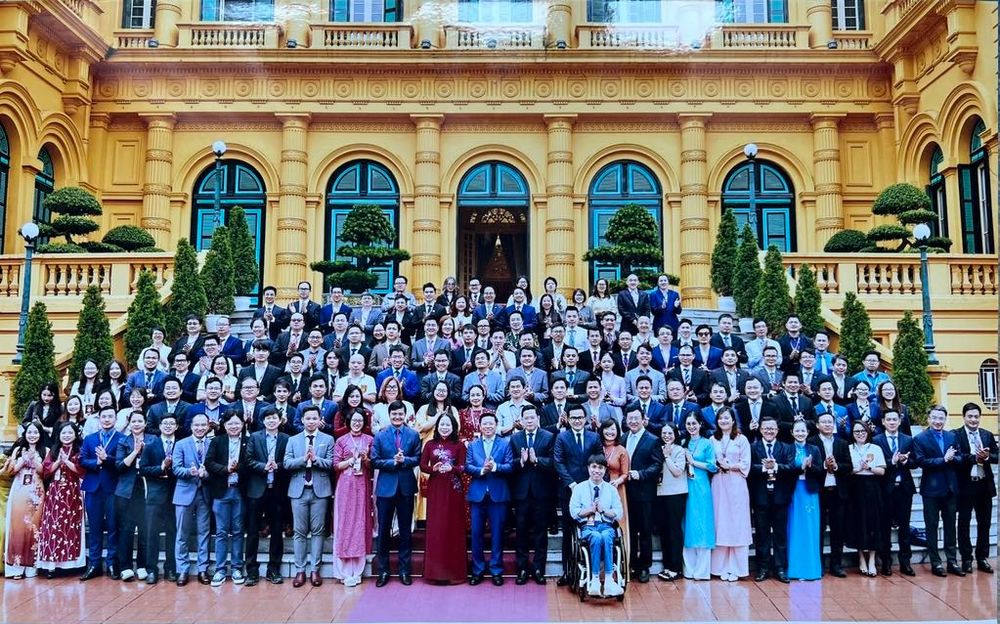
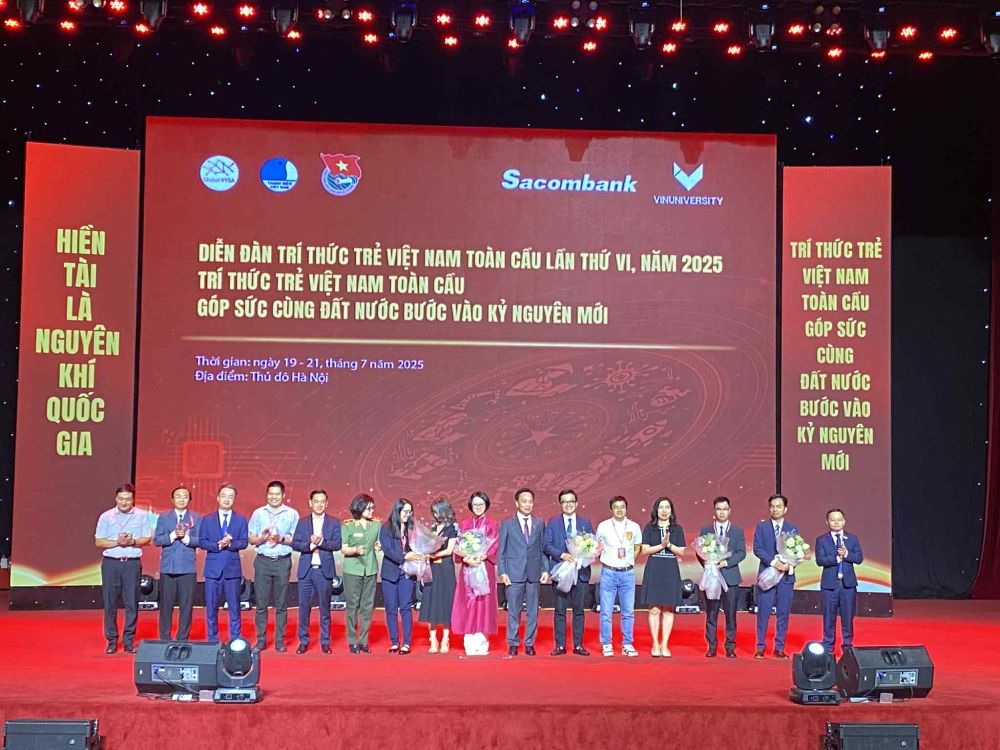
Below are two species that I observed in Tam Dao National Park, North Vietnam. Both species are categorized as Near Threatened.
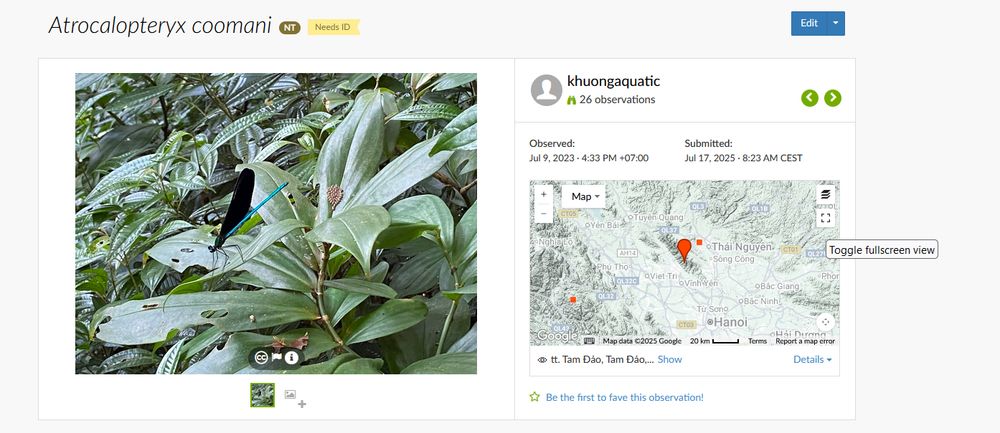
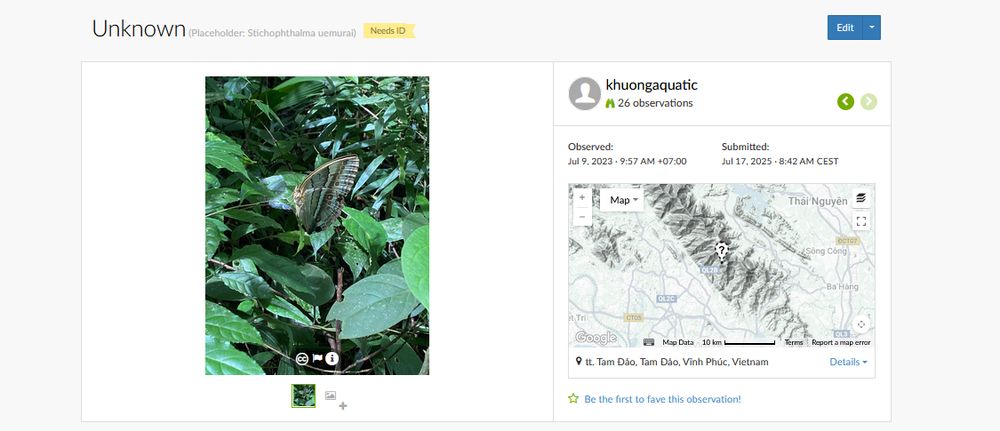
Below are two species that I observed in Tam Dao National Park, North Vietnam. Both species are categorized as Near Threatened.
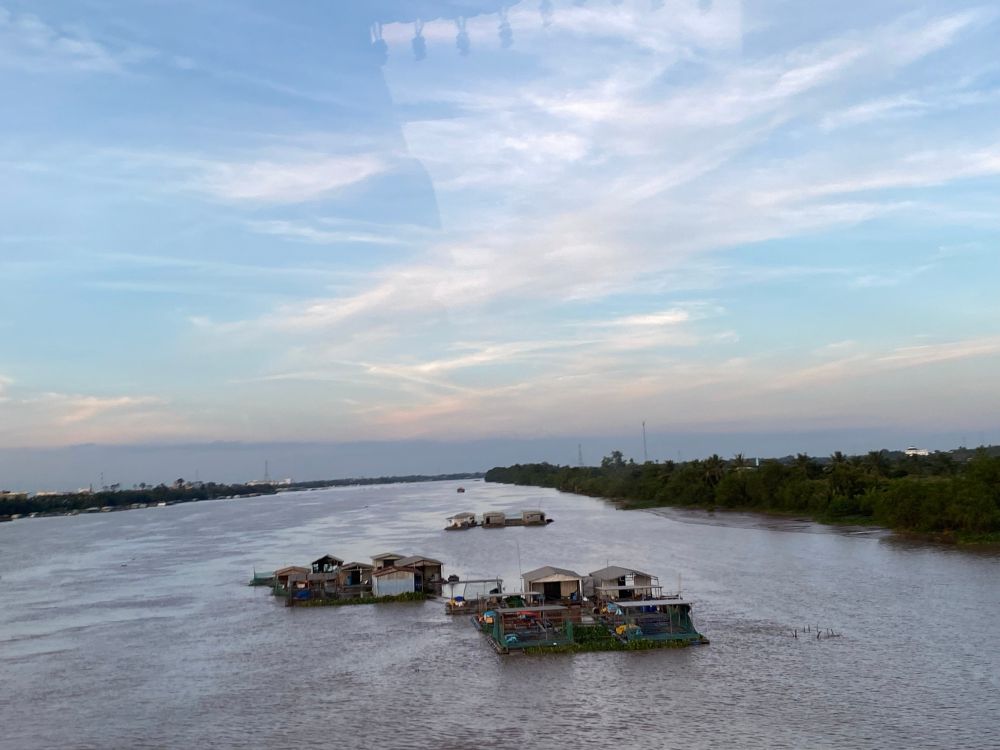
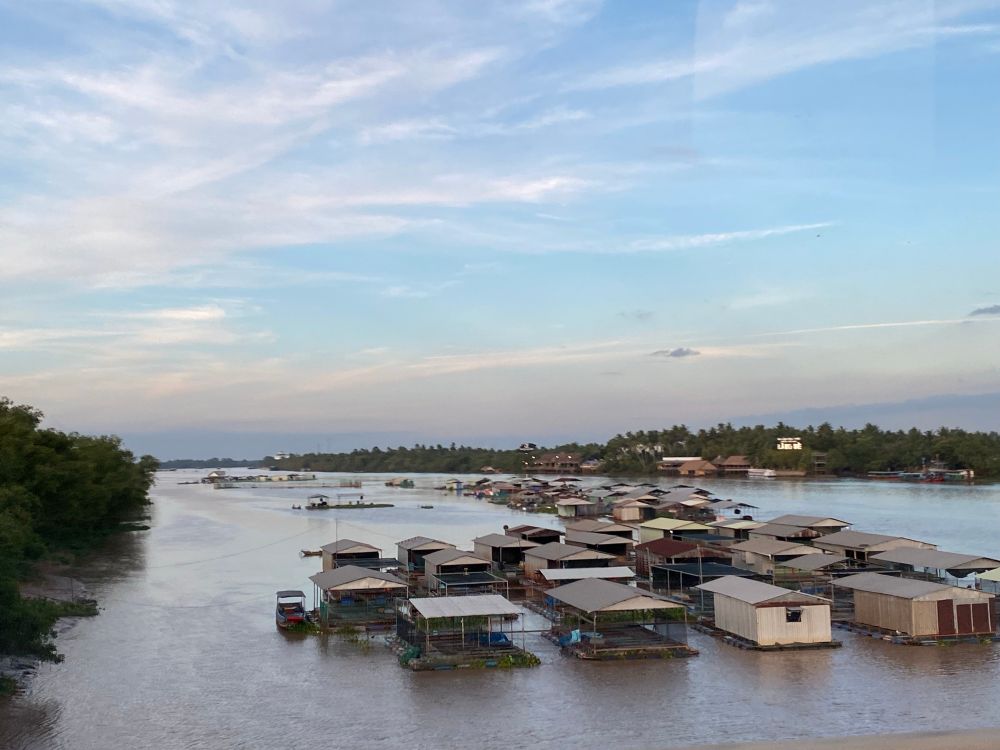
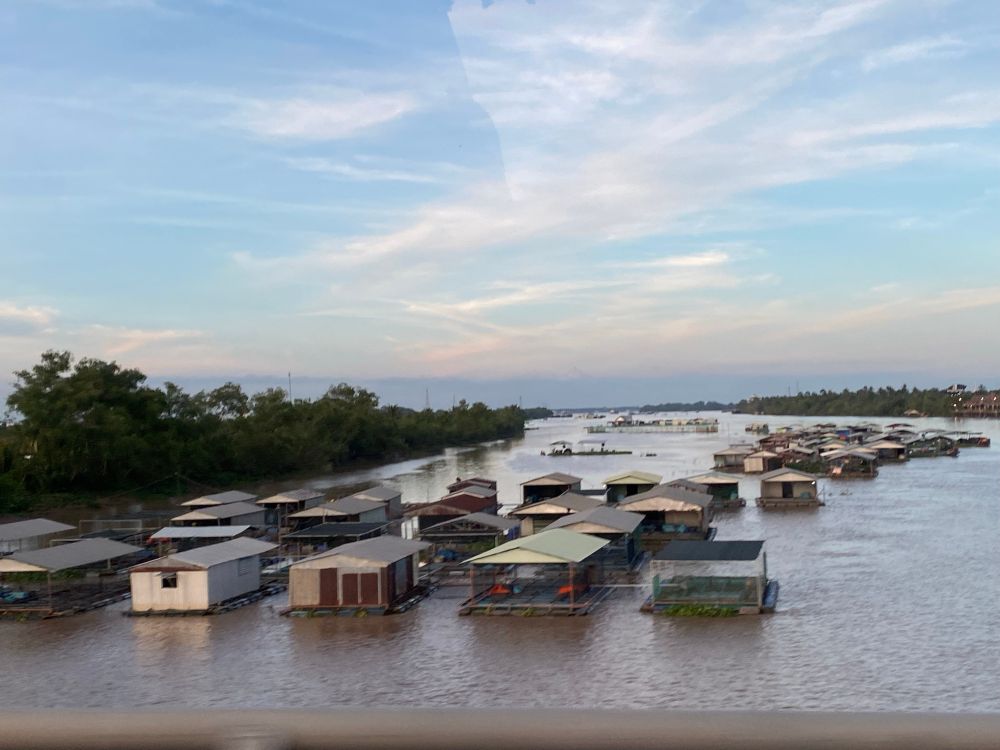
www.nature.com/articles/s41...
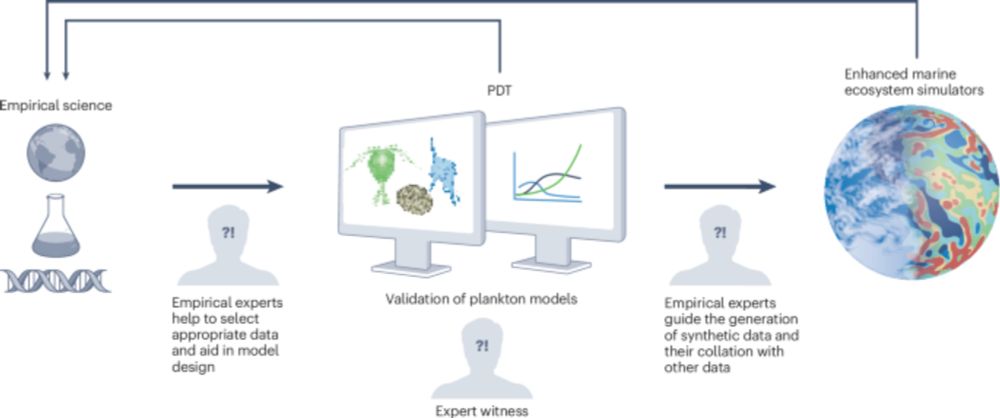
www.nature.com/articles/s41...


